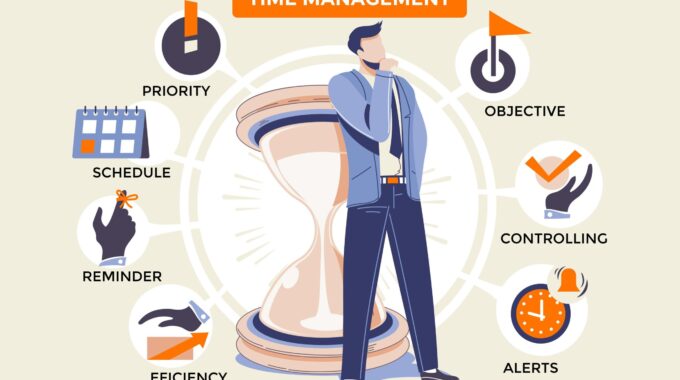This article delves into the pivotal role of Franchise Management Software in streamlining operations and…

Waterfall vs. Agile: Choosing the Right Project Management Approach
Introduction
In today’s fast-paced workplace, it’s important for businesses to use efficient, cost-effective project management (PM) approach in order to stay competitive. When it comes to PM approaches, the two main contenders are Waterfall and Agile. Each has its own strengths and weaknesses and is suitable for different types of projects. It’s critical for a business to choose the right PM approach for its specific project in order to be successful.
Waterfall PM Approach
The Waterfall method is a classic, traditional approach to project management that works best for projects with distinct, measurable phases. The process begins at the planning stage, then progresses sequentially in phases (analysis, design, implement, test, deploy). After each step is complete, the next one begins. This approach works well for projects with a steady scope and a clear set of requirements.
Advantages of Waterfall
- Clear phases and processes give the project team an understanding of how the project will progress.
- Easy to track progress and deliverables.
- Easy to estimate resource requirements.
- No need for the team to continually adjust to changing conditions.
Disadvantages of Waterfall
- Difficult to make changes once the project has already begun.
- Little ability to allow sudden challenges.
- Risk of low customer satisfaction if the user’s needs change as the project progresses.
Agile PM Approach
The Agile approach is a more flexible, interactive approach to PM, focused on continuous improvement. Agile teams break a project down into tasks, then focus on achieving each individual goal with frequent, iterative updates. In contrast to the Waterfall approach, the Agile approach emphasizes collaboration and responsiveness to change. It works better for tasks that have a lot of ambiguity
Advantages of Agile
- Allows for faster implementation.
- More ability to adjust to changing conditions.
- High responsiveness to customer feedback.
- Projects contain smaller activities, making resource estimation easier.
Disadvantages of Agile
- Projects typically require more resources, which can be costly.
- It can be difficult to set clear timelines.
- Difficult to track progress and deliverables.
- Can lead to teams “spinning their wheels” if there is no clear goal.
Choosing the Right Project Management
Approach Waterfall and agile project management approaches are not mutually exclusive; in fact, it is possible to combine both methods to achieve a more successful project outcome. However, when deciding which approach is right for a given project, there are several factors to consider.
Project size and complexity: Projects with a large number of phases and tasks may be better suited to a waterfall approach; simpler projects may benefit more from agile.
Type of project: If the project has a finite scope and timeline, waterfall may be the most suitable option; if the project is expected to evolve or change over time, agile may be a better choice.
Stakeholder preference: Different stakeholders may have specific preferences, so it is important to consider their views and take them into account when choosing a project management approach.
Organizational culture and resources: The organization’s existing culture and resources should be taken into account when selecting a project management approach.
Conclusion
When selecting the right PM approach for a project, businesses must consider the specific requirements, scope, timeline, and resources necessary to be successful. Waterfall is best for projects with a well-defined set of requirements and a stable scope, while the Agile approach is best for projects with a high degree of uncertainty. Both approaches have their advantages and disadvantages, so businesses must carefully evaluate the needs of the project before committing to the PM approach. Ultimately, choosing the right PM approach is essential for achieving project success
About Apoorva:
Apoorva is a technology services company that assists software products with ideation, developing prototypes, programming, creating a digital marketing presence and accelerating sales through direct contact. Over 150 for-profit and non-profit organizations, such as Xcel Energy, PeopleCare Health Services, Frontier Airlines and Centers for Spiritual Living have trusted Apoorva to build software.
Apoorva was founded in 2001, has more than 50 employees, and uses proprietary and proven methodologies to bring technology products to the market. Contact us / Visit apoorva.com for more information.




